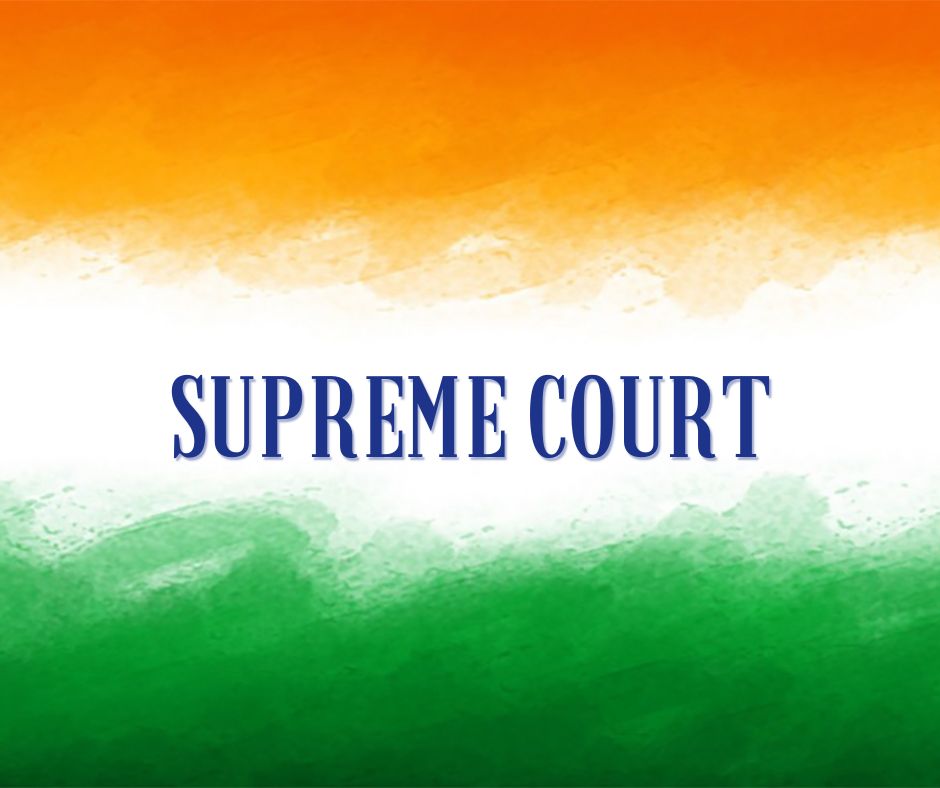(A) Criminal Procedure Code, 1973, Section 202 – Criminal Procedure – Postponement of issue of process – Some of the accused, including three of the appellants, were residing outside the territorial jurisdiction of the Court of the learned Magistrate before whom the complaint was filed by the 1st respondent–complainant – When the order dated 15th December 2011, calling for the report from the concerned Police Station under Section 202 of the Cr.PC was passed, the learned Magistrate had already recorded the evidence of the 1st respondent-complainant and two witnesses– (CW1) and (CW3) – Therefore, after recording the evidence of the three witnesses, the learned Magistrate was not satisfied that the material on the record of the complaint, including the testimony of the three witnesses, was sufficient to pass the summoning order – That is why the learned Magistrate had called for the report under Section 202 of the Cr.PC . and postponed the issue of the process -Held that the learned Magistrate ought to have waited until the report was received –For issuing the order of summoning, the learned Magistrate could not have relied upon the same material which was before him on 15th December 2011 when he passed the order calling for the report under Section 202 of the Cr.PC. – It is not the case of the 1st respondent-complainant that when the learned Magistrate passed the order dated 16th July 2013, there was some additional material on record. – At least, the order of the learned Magistrate does not say so – The order does not even consider the earlier order dated 15th December 2011 calling for the report under subsection (1) of Section 202 of the Cr.PC. – The order issuing process has drastic consequences – Such orders require the application of mind – Such orders cannot be passed casually – Learned Magistrate was not justified in passing the order to issue a summons. (Para 9 and 11)
(B) Criminal Procedure Code, 1973, Section 202 – Criminal Procedure – Postponement of issue of process – The requirement of postponing the issue of the process was introduced on 23rd June 2006 which is applicable only when one of the accused stays outside the jurisdiction of the court – The said requirement is held to be mandatory – The mandatory requirement of postponing the issue of the process because the accused was residing at a place beyond the area where the learned Magistrate exercises his jurisdiction was not applicable when the complaint was filed in 2004 – The mandate introduced with effect from 23rd June 2006 was not applicable on the date of filing of the complaint -Not examining whether the amended provision will apply to a complaint filed before 23rd June 2006 in which the order of issue of process has been passed after 23rd June 2006. (Para 8)
(C) Criminal Procedure Code, 1973, Section 482 – Quashing of complaint – Petition for – Complaint alleging the commission of offences under Sections 420, 406, 467, 468 and 472 read with Section 120B IPC – Very general allegations are made in the complaint by referring to the “accused” without explicitly referring to any particular accused – But, the claim is that the money was taken by the accused company and the agreement was executed in favour of the 1st respondent– complainant by the accused company, which was signed by the 2nd respondent, who was neither an Officer nor a Director of the accused–company – It is not the case in the complaint that the 2nd respondent was authorised by the Board Resolution of the accused company to sign the POS agreement with the 1st respondent–complainant – The Distributorship Agreement executed by the accused company did not authorise the 2nd respondent to execute the POS agreement on behalf of the company – Moreover, it is not the case that the 1st respondent complainant handed over the demand draft to any of the directors of the accused company – It was apparently handed over to the 2nd respondent – The deposit of the demand draft in the account of the accused company will, at the most, give rise to civil liability – Even the empty cylinders were provided to the 1st respondent-complainant by the 2nd respondent against the deposit – The accused company had no role in this – There is no contractual relationship between the accused company and the 1st respondent-complainant – Held that in fact, the entire dispute is of a civil nature arising out of a commercial transaction – Taking the complaint and documents relied upon by the 1st respondent–complainant as correct, no case was made in the complaint or in the evidence of the 1st respondent to proceed against the appellants – The evidence of CW3 shows that he has stated that the 2nd, 5th and 6th respondents in the Criminal Appeal of accused no.2 had approached the 1st respondent–complainant and had represented that the accused company is a limited company and accused nos.2 to 4 are its Directors – There is no allegation that the accused company was involved, in any manner, with the transaction between the 2nd accused and the 1st respondent–complainant – Continuing the complaint against the appellants will amount to an abuse of the process of law – A case is made out for quashing the complaint as against the appellants – Impugned judgment liable to be set aside insofar as the appellants are concerned – The complaint liable to be quashed only insofar as the appellants are concerned – The complaint will proceed against the rest of the accused. (Para 14 to 16)
SUPREME COURT OF INDIA
2024 STPL(Web) 128 SC
[2024 INSC 142]
Shiv Jatia Vs. Gian Chand Malick & Ors.
Criminal Appeal No. 776 of 2024 with Criminal Appeal No.777 of 2024-Decided on 23-2-2024
https://stpllaw.in/wp-content/uploads/2024/04/2024-STPLWeb-128-SC.pdf







